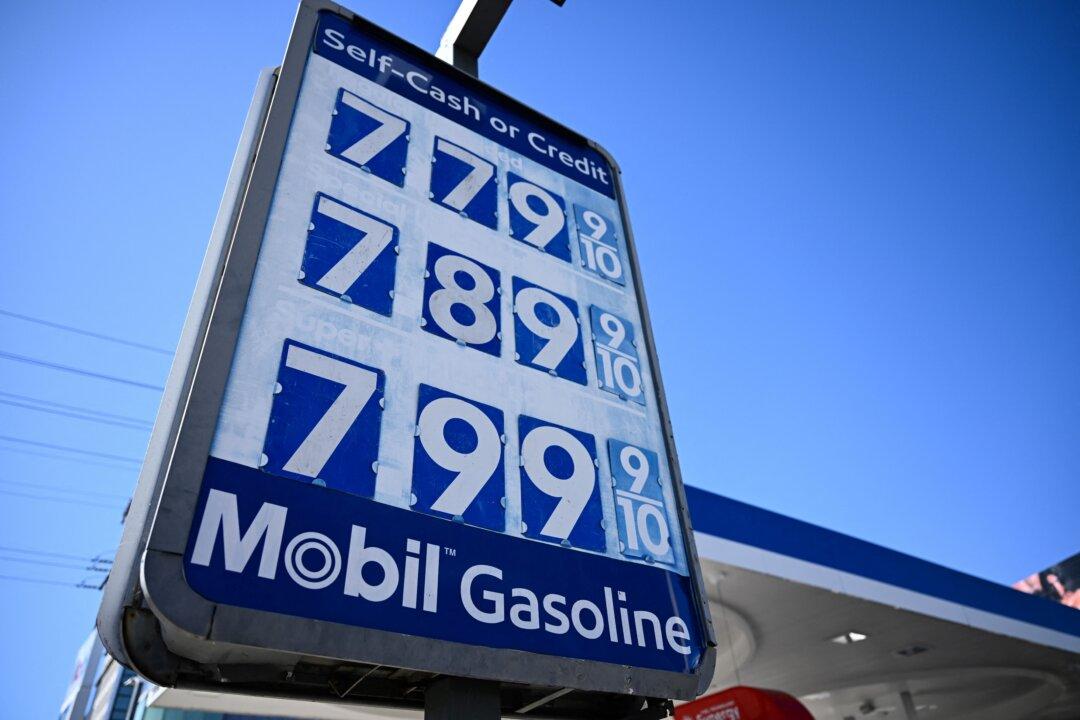In response to a new California law, passed this spring to prevent what lawmakers say is price gouging at the pump by oil companies, the California Energy Commission is exploring its elements but held off on establishing penalties for oil companies and refineries that exceed profit margin limits.
The new measure, called the California Gas Price Gouging and Transparency law, now requires committee oversight of petroleum markets using data collection to identify potential market manipulations.





